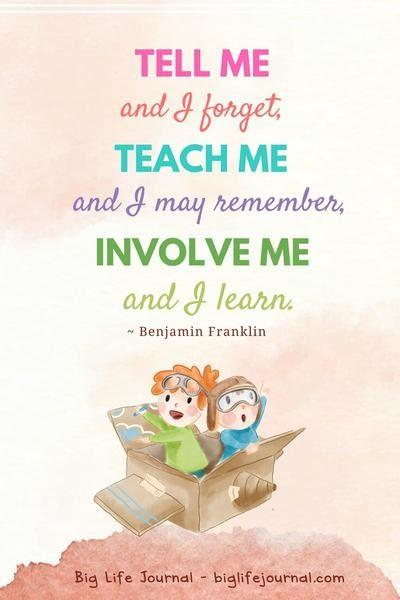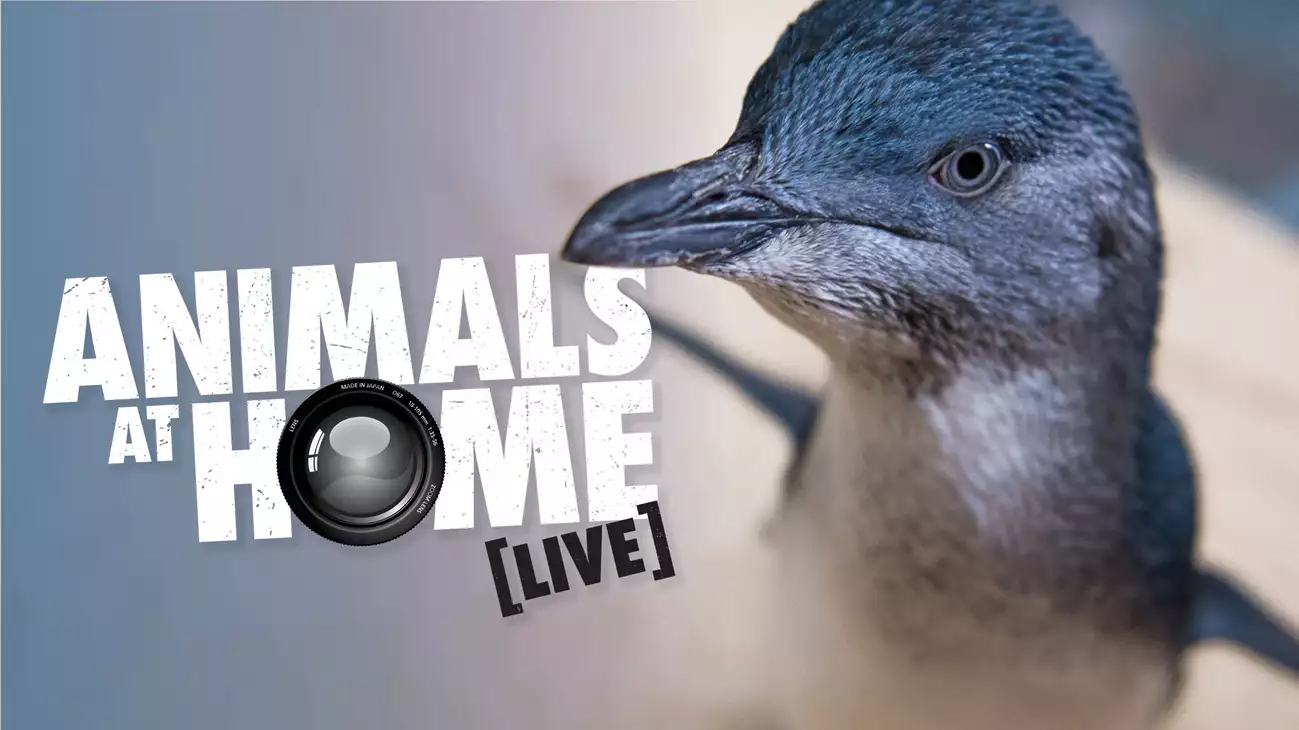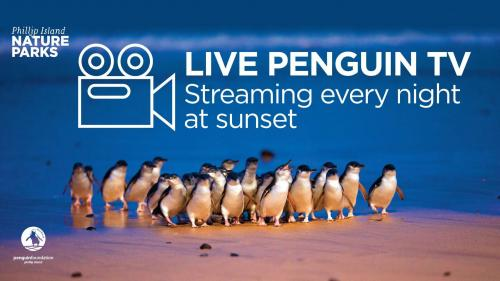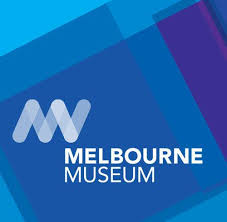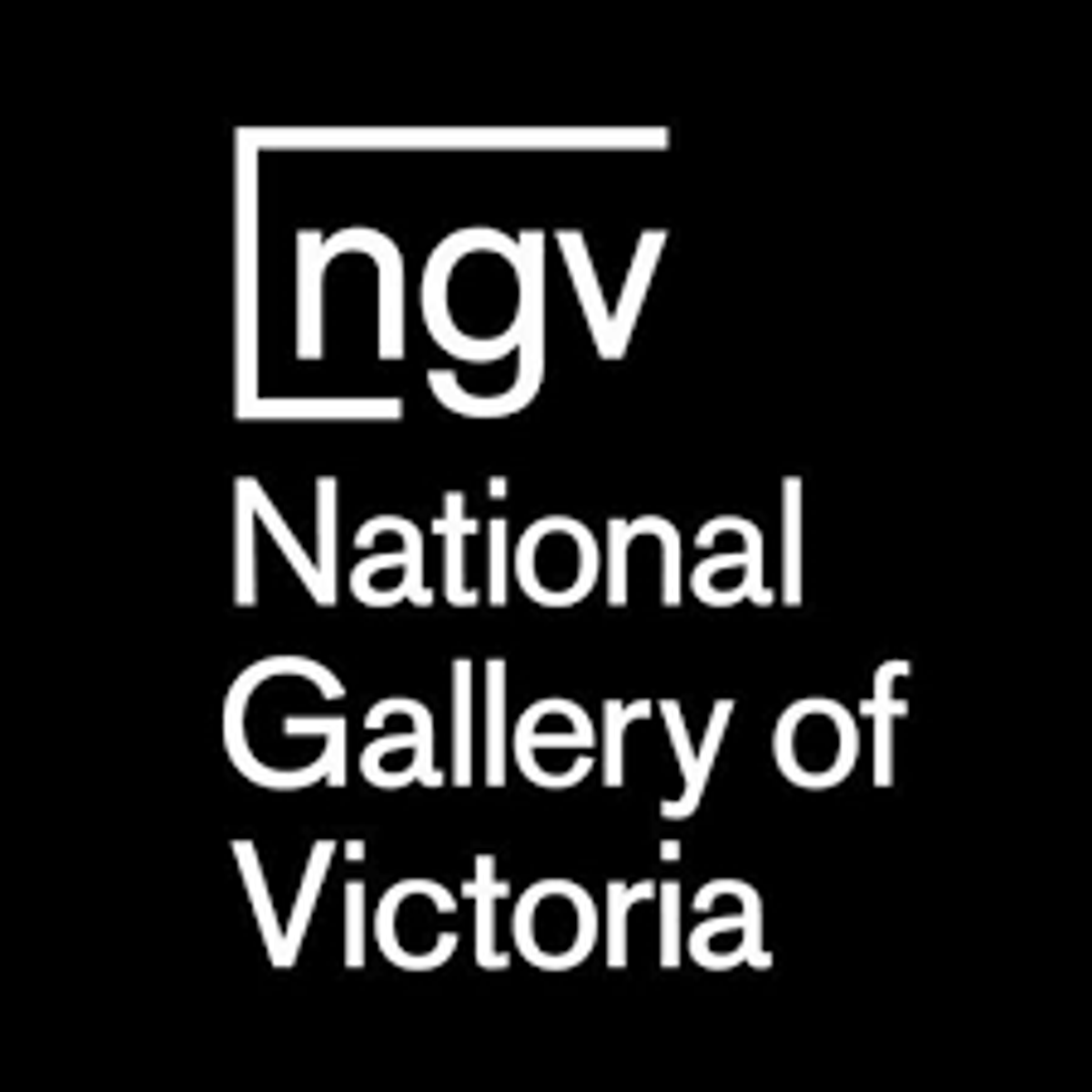Learning and Teaching
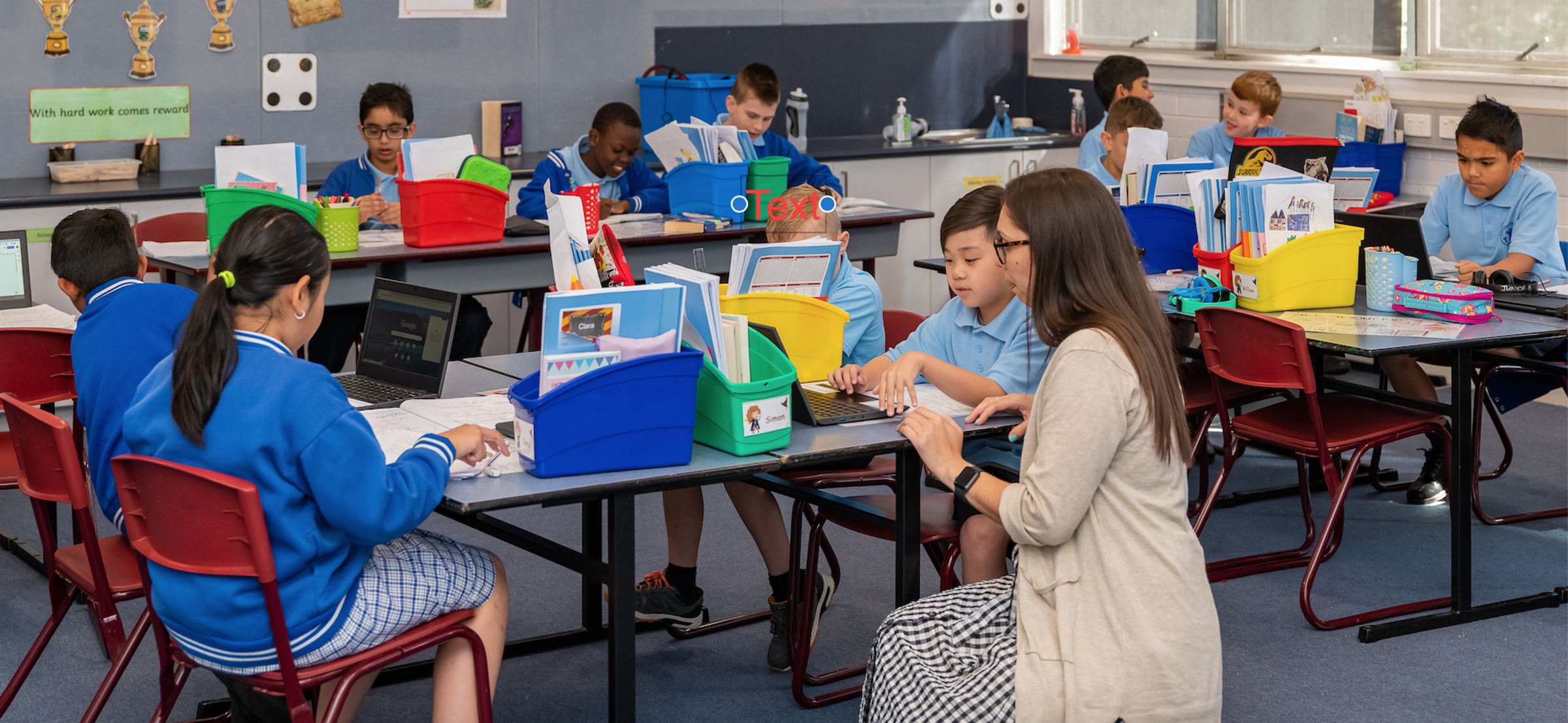
Providing Hands-On Experiences to develop a love of learning
Again and again, research has shown that hands-on learning is the most effective for children. When students move, touch, and experience, they learn better. Studies show that students who act out a mathematical word problem are more likely to answer correctly than students who don’t.
“A very strong predictor of academic achievement was how early kids were moving, exploring their world. When kids can explore their surroundings, all of a sudden, things change.” - Sian Bilock, professor of psychology at the University of Chicago.
Not only does hand-on learning help children process information, but it’s also a more enjoyable way to learn. Most children simply don’t enjoy reading from a textbook, copying notes, or “learning” through rote memorisation. Experiences and hands-on activities, however, will spark a child’s interest and imagination.
Parents can provide additional enrichment from home. If your child is interested in learning about aquatic animals, take them to visit an aquarium. If they are interested in studying certain artists, take them to a museum.
During these COVID times, when it is difficult to get out and about there are many resources to foster curiosity and a love of learning. Check out the links below;
Zoos Victoria:
https://www.zoo.org.au/animals-at-home/
Phillip Island Nature Parks: https://youtu.be/zADj0k0waFY
Melbourne Museum Virtual Tours:
https://museumsvictoria.com.au/melbournemuseum/at-home/virtual-tours/
National Gallery of Victoria: https://artsandculture.google.com/partner/national-gallery-of-victoria
For a list of more virtual tours, visit https://newywithkids.com.au/best-virtual-tours-australia/
Suzanne Deefholts
Learning and Teaching Leader

